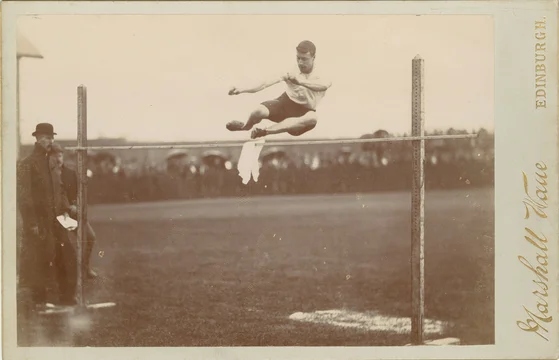
When expert reports go back and forth in a patent case, it's not uncommon to see complaints from the patentee's expert along the lines of "I understand that the opposing party did not produce information regarding x, so I will instead base my opinions y."
In other words, the expert wants to keep the door open to explain to the jury that he or she would have done a particular analysis if only the other side had given them the information they needed. But, obviously, the other side may object to that testimony.
Judge Connolly addressed a situation like yesterday, and held that the expert cannot just testify to the jury about the other sides alleged discovery misconduct. In VLSI Technology LLC v. Intel Corporation, C.A. No. 18-966-CFC-CJB (D. Del. June 27, 2022), plaintiff apparently complained that defendant Intel did not produce information that its technical expert needed:
VLSI says Conte's testimony on these issues is appropriate because his expert analysis was limited by "the onerous conditions Intel placed on his code review, and Intel's delayed productions and non-production of pertinent materials." D.I. 865 at 1.
Plaintiff also argued that its technical expert should be permitted to rebut an alleged non-infringement argument involving defendant Intel's "corporate ethics":
VLSI insists that it needs to offer Conte' s opinions about "Intel's repeated violations of Intel's 'Corporate Conduct/Ethics,"' because Intel intends to "argue its corporate ethics provide a defense to patent infringement." D.I. 865 at 2-3 (citation omitted).
The Court held that such corporate ethics testimony is both irrelevant/prejudicial and outside of a technical expert's area of expertise, and excluded it from the trial:
Intel's purported litigation misconduct, corporate culture, and ethics have no relevance to any of the infringement, invalidity, or damages issues that will be presented to the jury. And any conceivable probative value Intel's purported litigation misconduct, corporate culture, and ethics could have would be substantially outweighed by the danger of unfair prejudice against Intel, confusing the issues, misleading the jury, and wasting time. In addition, Conte is an engineer with no qualifications that would enable him to offer reliable opinions about litigation misconduct and ethics.
The Court rejected the idea that such testimony could be admissible from this witness even if Intel does try to rely on "corporate ethics" in its infringement defense:
Intel has promised that it "will demonstrate noninfringement on the merits." . . . If Intel does not abide by that representation and offers at trial self-serving testimony to the effect that it does not infringe patents because of its ethics policies, it may open the door to allow VLSI to introduce evidence that Intel does not comply with those policies. But even if Intel opened that door, I do not see how Conte could be the source of such counterevidence, as he is not offered as a fact witness with percipient knowledge of Intel's alleged misconduct, and VLSI has not suggested that he is an expert on corporate ethics.
The Court likewise made clear that discovery disputes are not to be presented to the jury—a holding that could be useful in other cases when experts complain about the discovery the other side offered:
[I]f VLSI thought that Intel failed to comply with its discovery obligations and that that failure prejudiced Conte's analysis, VLSI should have sought relief from the Court. It is not the province of the jury to hear and decide discovery disputes.
The Court ultimately precluded the testimony based on FRE 702 as well as FRE 402/403:
Accordingly, I will exercise my discretion and preclude [the expert] under Rules 402, 403, and 702 from offering opinions at trial about Intel's purported litigation misconduct, corporate culture, and ethics.
If you enjoyed this post, consider subscribing to receive free e-mail updates about new posts.






